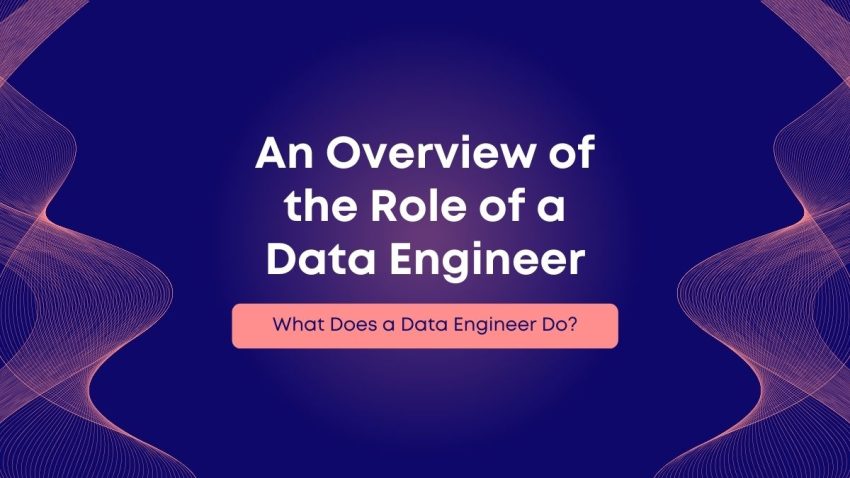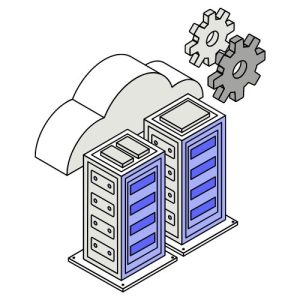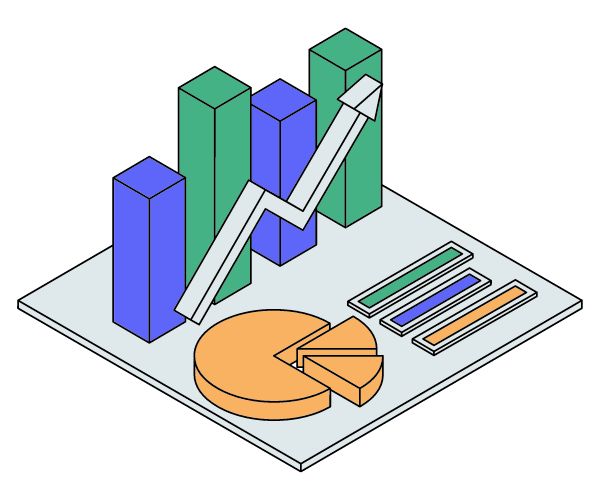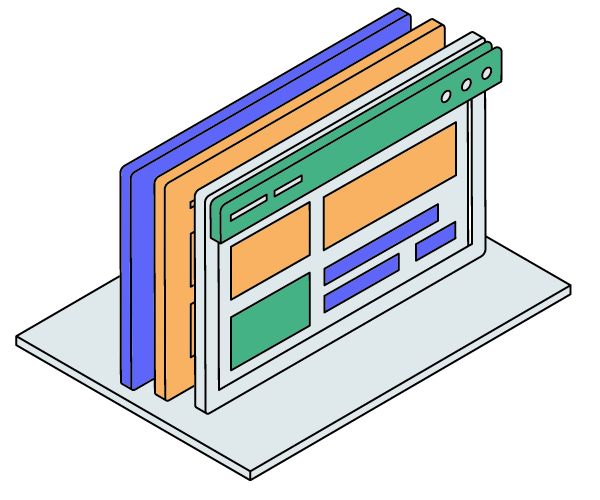The Data Engineer Role: What They Do and How to Get Started

What does a data engineer do?
The data engineer role is an essential member of any data-driven team. With the current explosion of data-related technologies, data engineers are more in demand than ever before. Data engineers are responsible for designing, building, and maintaining data storage systems, data pipelines, and data processing platforms.
They are also responsible for understanding and interpreting data, managing data security, and developing algorithms and models to help drive insights. As such, data engineers are vital to the success of any organization that wants to make data-driven decisions.
For anyone interested in becoming a data engineer, it’s important to understand the role and its responsibilities, as well as the necessary skills and qualifications. With the right education, experience, and training, you can become a highly sought-after data engineer.
What is a data engineer?

A data engineer is responsible for streamlining data with ETL (Exchange, Transform, and Load) tools. In other words, a data engineer is responsible for taking raw data and making it useful through various modeling and analytics techniques.
Let’s say an e-commerce company wants to better understand its customers’ buying habits. To do so, a data engineer would need sales data, product data, and customer data to identify patterns and trends. A data engineer designs and implements data storage and processing systems.
Once the data has been ingested, cleaned, and transformed, it can be used to drive customer insights and create value for the business. Data engineers play an important role in taking raw data and making it useful, which is crucial to any organization that wants to make data-driven decisions.
Responsibilities of a data engineer
As mentioned above, a data engineer is responsible for taking raw data and making it useful and available to the organization. As such, they have to work with data scientists to understand and interpret data, manage data security, and develop algorithms and models to help drive insights.
Here are some more specific responsibilities of a data engineer:
Skills and qualifications needed to become a data engineer
There are many skills and qualifications needed to become a fully-fledged data engineer. While some of the required skills are technical in nature, others are soft skills that will help you work well with others. Here is how you can advance your career in this technical field:
Let’s take a look at the necessary skills and qualifications.
Education and training required to become a data engineer

There are no specific education requirements to become a data engineer. However, most employers prefer to hire data engineers with a degree in computer science or information technology. Other degrees that may be helpful include mathematics, statistics, and software engineering.
The best way to become a data engineer is to get hands-on experience by taking on an introductory data engineering role on a data-driven team. Data engineers are often promoted from data scientist and analyst roles, so it’s a good way to get your foot in the door.
How to get started as a data engineer

If you want to get started as a data engineer, you have to get hands-on experience. You can’t become a data engineer just by reading books or taking online courses. Instead, you have to get real-world experience.
You can start by taking online courses on data engineering and getting hands-on training with a couple of projects. As you work on DE-related projects, you will have the opportunity to learn as much as you can and become a fully-fledged data engineer.
Another way to get started as a data engineer is to find an organization that is hiring junior data engineer positions or internships. While you may not have much experience, having the right education and training can go a long way. From there, find an organization that is data-driven and get your foot in the door by getting an engineering role on the team.
Conclusion
The role of a data engineer involves conceptualizing, constructing, and sustaining data repositories, data pipelines, and data analysis platforms. They also interpret data, manage data security, and develop algorithms and models to help drive insights.
Becoming a data engineer is a great career choice for those who are keen on streamlining data processing. Data engineering is expected to grow at a much faster rate over the next decade compared to the average technical profession.
Overall, there are excellent opportunities for growth in the data engineering field. Becoming a data engineer requires strong technical skills, as well as good communication and analytical skills. But it also requires a good amount of training.
Data engineers engage in a wide range of projects and use various tools and technologies. It’s important to have some familiarity with other data engineering tools, as well as an understanding of the challenges data engineers face.

Related Data Engineering
How I Became a Data Engineer: A Guide To The Journey
ETL Explained: What Is Extract, Transform and Load (ETL) Process?
How To Become A Data Architect: Skills and Responsibilities
The Data Engineer Role: What They Do and How to Get Started
An Introduction to Data Engineering: The What, Why and How
The Dark Side of Data Engineering: 19 Things To Hate
Demystifying the Data Science Roles
The Basics of Data Pipelines: What You Need to Know